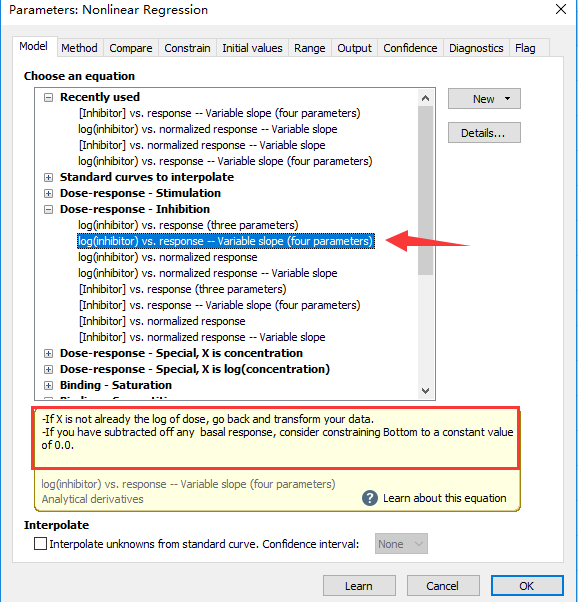

Accurate computational prediction of cancer patients’ responses to drug treatment is essential and meaningful to the achievement of precision medication. Therefore, to achieve precision medicine, the genetic background and medical history of patients should be considered. In practice, this translates to differential reactions to treatment. NeRD’s feature fusion provides a new idea for drug response prediction, which is of great significance for precise cancer treatment.ĭue to their heterogeneity, tumors from the same tissue origin and pathologic classification exhibit a high degree of genetic and phenotypic variation in individuals. Moreover, unlike other algorithms, when the amount of training data was reduced, NeRD maintained stable performance. We also verified that NeRD has strong reliability in the prediction results of new samples. For all metrics tested on the PRISM database, NeRD surpassed previous approaches. ResultsĮxperimental results demonstrate the effective integration of the global and local structural features of drugs, as well as the features of cell lines from different omics data. A fully connected network is used to fuse all features and make predictions. Four feature extractors, including drug structure extractor (DSE), molecular fingerprint extractor (MFE), miRNA expression extractor (mEE), and copy number extractor (CNE), are designed for different types and dimensions of data.

In this paper, we design NeRD, a multidimensional data integration model based on the PRISM drug response database, to predict the cellular response of drugs. However, the selection of high-quality data sources and the design of suitable methods remain a challenge. The accumulation of various types of drug informatics and multi-omics data facilitates the development of efficient models for drug response prediction. Considering the heterogeneity of tumors, it is a key issue in precision medicine to predict the drug response of each individual.


 0 kommentar(er)
0 kommentar(er)
